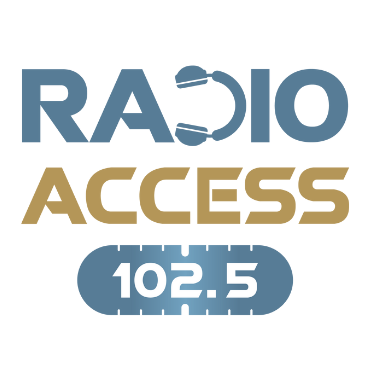UNDERWRITING GUIDELINES
The FCC has identified five practices that promote rather than identify and therefore are not permissible for air on non-commercial stations: comparative descriptions, qualitative descriptions, pricing information, calls to action and inducements to buy, sell, rent or lease. Here are examples of each:
1. Comparative Descriptions
Donor acknowledgements that contain descriptive language comparing the underwriter’s products with those of competitors are not permitted. Comparative descriptions usually include words that draw an explicit or implicit comparison to others, such as Best, Better, More, Superior.
2. Qualitative Language
As a general rule, donor acknowledgements that contain qualitative descriptions of the underwriter’s products are not permitted. Qualitative descriptions include words that describe the features, benefits, advantages or other qualities offered by the underwriter’s products or services. Examples of qualitative words are Fine, Excellent, Tasty, Good.
3. Pricing Information
Announcements containing pricing information are not permitted. This includes interest rate information or other indications of savings or value associated with the product.
4. Calls to Action
Announcements that contain a “call to action” are not permitted. Most calls to action contain imperative language. That is a statement to the listener that tells him or her to take action.
Examples of calls to action are “Call us at 555-2222 for more information,” “Try Texaco next time you buy gasoline,” “Enjoy a night out at John’s Restaurant.”
The FCC has indicated that a telephone number may be part of the permissible identifying information provided about an underwriter. However, it would not be permissible if its purpose and effect are promotional.
5. Inducements to Buy, Sell, Rent, or Lease
Announcements containing any inducement to buy, sell, rent or lease are not permissible. Language or descriptions that give reasons for doing business with the underwriter should be suspected of serving promotional rather than identification purposes. Examples are: “Six months free service,” “A bonus available this week only.” Any specific short term activity, even for businesses which regularly engage in nothing but short term activities, will be considered an inducement.
For more information:
Commission Policy on the Noncommercial Nature of Educational Broadcasting https://www.fcc.gov/media/radio/nature-of-educational-broadcasting
